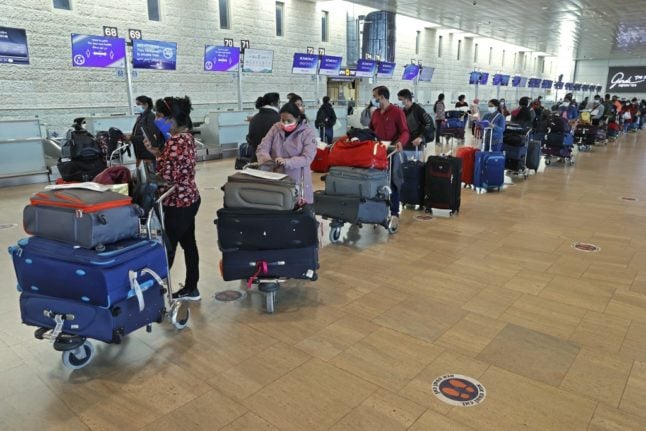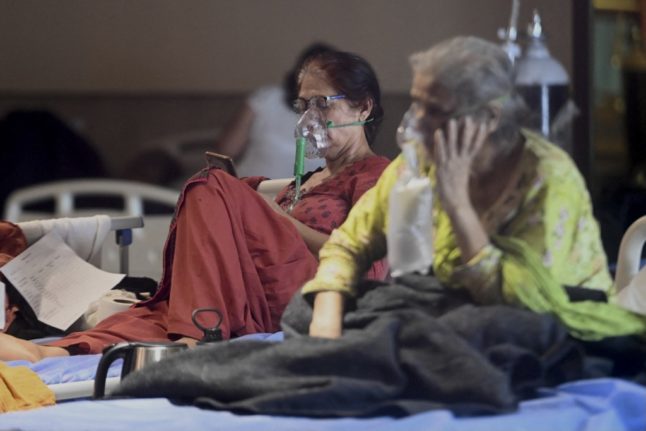Swatch, with $10 billion in annual sales, has made a formal proposal to the commerce ministry under which the company would have 100 percent control of its business, the Business Standard daily said.
The watchmaker would be the biggest international group to seek entry into India's 100-percent-owned single-brand retail segment after furniture-maker IKEA and fashion clothing firm H&M, both Swedish companies.
Swatch watches, including Omega, Longines and Tissot, are currently are sold in India through dealers and third-party stores.
Neither Swatch nor the Indian government could immediately be reached for comment.
Experts say the move is a sign that Swatch wants to create a stronger Indian brand identity.
The Indian watch market is forecast to rise to $2.7 billion by 2020 from $898 million now, according to a recent industry report.
India's new right-wing government hopes foreign investors will start looking closely again at the country after turning away in the face of a sharp growth slowdown and corruption scandals under the previous left-leaning Congress government, ousted at the polls in May.
Prime Minister Narendra Modi has promised to improve India's investment climate, ease bureaucratic red tape and create a more predictable regulatory and tax climate.
But introducing free-market change is politically fraught with many politicians, unions and civil society groups favouring government spending and protectionism over economic liberalisation.
The Modi government, despite its pro-business tone, has already said it opposes a law passed by the previous government allowing foreigners to own stores selling more than one brand of products because it wants to protect India's many small shopkeepers from supermarket giants such as Wal-Mart, Tesco and others.
Swatch's reported application comes soon after French supermarket chain Carrefour's announced its departure. Carrefour, which operates five wholesale stores in India, made the announcement after the government reiterated opposition to foreign investment in multi-brand retail.
Wal-Mart last year ditched a plan to open retail stores to focus on wholesale activities and e-commerce.
The Economic Times separately said the government was unlikely to formally reverse Congress's decision allow 51 percent foreign direct investment in multi-brand retail for fear of sending negative signals to the foreign investor community.




 Please whitelist us to continue reading.
Please whitelist us to continue reading.
Member comments